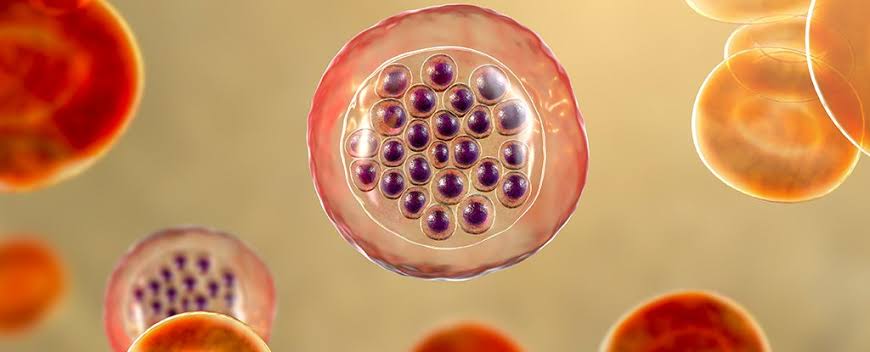Learn how we narrowly dodged extinction
Compared to most animals, us humans do not have the immunity to overcome most diseases. Thanks to medicine, we are still able to get by and have higher survival rates than them. But that wasn’t the case some 600,000 or 2 million years ago.

New research suggests that our body had undergone mutations that made us adaptable to inflammatory diseases and other pathogens.
The Study

The team, which comprised of international researchers did a study with around a thousand human genomes, along with those of the extinct Neanderthals and Denisovans, to understand how much we had evolved.
In our body, there is a canopy of sugars called sialic acids which serves as a security measure to protect us from bacterias and viruses. But this very thing can prove dangerous if the amount of sialic acid in our body undergoes changes. The researchers were looking for one such change.
Mammals, which include the apes we evolved from have a compound called N-glycolylneuraminic acid, or Neu5Gc, which is a version of sialic acid that researchers have previously identified as a mutation undergone by humans as an antibody against deadly malarial parasites such as Plasmodium knowlesi to damage our red blood cells.

Chimpanzees still have Neu5Gc in them, which means the mutation might’ve taken place sometime in the last 6 million years. The Neanderthals and Denisovans also had this sialic acid in them which means this change took place before our current species split from them, which was around 400,000 to 800,000 years ago.
But the team also stated that this mutation might have divided us from the ancestral communities and prevented them from reproducing and carrying on their lineage. Also, this has helped us overcome some diseases but it also opened the pathway for new ones such as asthma and Alzheimer’s.

(Cover: Getty Images)

